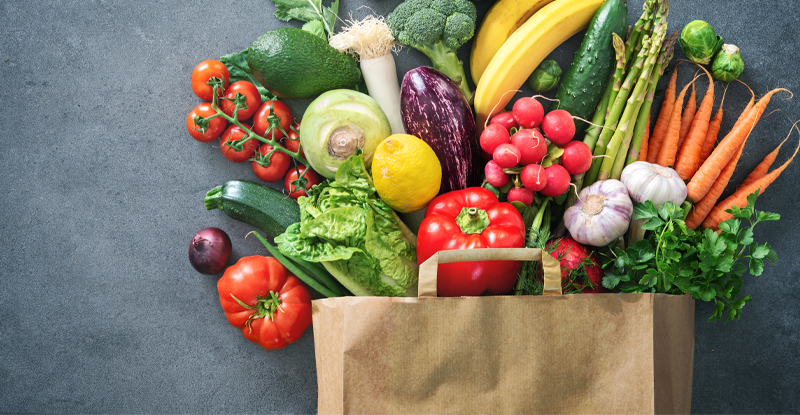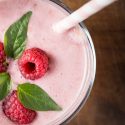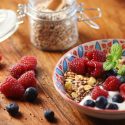Understanding the different types of vegetarian diets

The many ways to define plant-based eating
There are many ways to go about starting a plant-based eating pattern.
A person who adopts a vegetarian eating pattern can choose to use the blanket term “vegetarian” or may choose one of the others listed below to help describe their specific eating patterns.
All types of vegetarians eat fruits, vegetables, grains, nuts, seeds, and plant-based oils and fats. However, things get a bit more complicated when you throw proteins and other animal byproducts into the mix.
What are the different types of vegetarian eating patterns?
Vegetarian
This is a blanket term. It generally refers to a diet that is mostly plant-based and does not include animal-based proteins, animal stocks, or animal fats. It may or may not include fish, seafood, dairy, and/or eggs.
Flexitarian
This refers to a diet that is mostly vegetarian, but occasionally includes animal products, including meats, stocks, byproducts (like dairy), and fats.
Pescatarian
This refers to a diet that includes fish and seafood but excludes the products and byproducts of other types of animals.
Lacto-Ovo Vegetarian
This refers to a diet that includes eggs and dairy but does not include animal-based proteins, animal stocks, animal fats, fish, or seafood. “Lacto-Ovo” is derived from the Latin words for milk (lacto) and eggs (ovo). This is the eating pattern that most people think of when they hear the word vegetarian.
Lacto-Vegetarian
This refers to a diet that includes dairy but does not include animal-based proteins, animal stocks, animal fats, fish, seafood, or eggs.
Ovo-Vegetarian
This refers to a diet that includes eggs but does not include animal-based proteins, animal stocks, animal fats, fish, seafood, or dairy.
Vegan
A vegan diet does not include any animal products or byproducts—that is meats, stocks, fats, fish, seafood, eggs, or dairy. Further, a vegan diet usually excludes any foods made with animal products, even they are unrecognizable in the finished product, such as some sugars, gelatins, and wines. Some vegans also exclude honey from their diet because it is made by bees, and some avoid using anything that has been made with an animal byproduct (including nonfood items like leather, wool, and certain soaps).
If you want to incorporate more plant-based meals into your diet, explore these vegetarian meal patterns further, or learn more about plant-based proteins, set up an appointment with a health coach. The coach will work with you to determine the eating pattern that will best fit your lifestyle.


